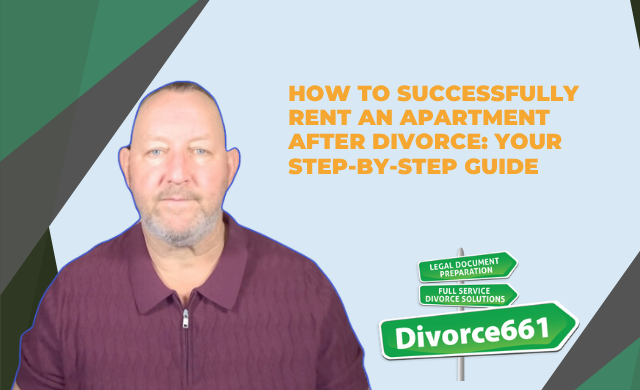Co-Owning a House After Divorce: Sell Later When Home Prices Improve
Why co-owning after divorce can be the right move right now
Rising interest rates and a cooling real estate market have created a situation where selling during a divorce might force you to accept a lower price than you want. If you plan to buy again right away, higher mortgage rates can make that difficult. Co-owning the marital home for a period after the divorce gives both parties flexibility to wait for better market conditions without being rushed into a sale.
It is possible to co-own your home post divorce; the key is putting clear terms into the settlement agreement.
How to structure co-ownership in the settlement agreement
Co-ownership works when the settlement agreement spells out the rights, responsibilities, and exit triggers. The more specific you are up front, the fewer disputes later.
Key items to include
- Sale triggers and timeline — Set a clear target or timeline for selling. Examples: keep the home for 6 months, 1 year, or 2 years; or sell when the property will net a specific amount.
- Decision process — Agree to meet and confer (for example every six or twelve months) to review market conditions and realtor recommendations before listing.
- Occupancy and use — Who lives in the home? Will it be rented or used for short-term rentals like Airbnb? Specify how rent or income will be handled.
- Financial responsibilities — Who pays mortgage, taxes, insurance, HOA, utilities, and maintenance while co-owning? How are these expenses documented and reimbursed?
- Proceeds split — Define how sale proceeds will be divided and how liens, commissions, and payoff amounts are calculated.
- Buyout and forced-sale options — Include a mechanism for one party to buy out the other or for a forced sale after a set period if the other party refuses to cooperate.
- Improvements and credits — Address how capital improvements or major repairs will be credited at sale if one party paid more.
- Dispute resolution — Add mediation or arbitration steps to resolve disagreements about timing, price, or management.
Practical examples of sale triggers
These are common, workable ways to define when to sell:
- Sell when the home will net $X after costs.
- Agree to reevaluate with a realtor every six months and list if the market supports your target price.
- Set a mandatory sale date (for example, “must list no later than 24 months after divorce”), with a buyout option prior to that date.
- Allow either party to request a buyout based on a formal appraisal and defined valuation method.
Financial and tax considerations
Co-owning means continuing financial exposure. Make sure the agreement covers:
- Who is legally responsible for the mortgage and what happens if payments are missed.
- How rental income and deductions will be reported and split for tax purposes.
- Whether one party’s extra payments toward mortgage principal will increase their share at sale.
- Consulting a tax professional to understand capital gains exclusions and rental income implications.
Pros and cons of co-owning after divorce
Pros
- Buy time to wait for a stronger market and better sale price.
- Avoid taking on a new mortgage at a higher rate immediately after divorce.
- Provides stability if children remain in the home temporarily.
Cons
- Continued financial obligations and shared liability on the mortgage.
- Potential for conflict over property management, repairs, and timing of the sale.
- Market conditions may not improve as hoped, meaning you could still sell for less than expected.
Checklist to include in the settlement agreement
- Ownership shares and how they are calculated.
- Specific sale triggers (price, date, or appraisal-based).
- Responsibility for ongoing expenses while co-owning.
- Plan for renting or short-term rentals including income split and management.
- Buyout mechanism and valuation method.
- Procedure for selecting a realtor and approving listing price.
- Accounting for improvements and credits at sale.
- Dispute resolution clause (mediation/arbitration).
What to do next
Talk through these options with the other party and put clear, measurable terms into the settlement agreement. Anticipate common friction points, document financial responsibilities, and include an exit strategy. If either party is unsure about tax or valuation issues, consult a financial advisor or appraiser to avoid surprises down the road.
Co-owning the house after divorce can be a smart, pragmatic solution when market conditions are unfavorable. With a well-drafted agreement that covers timing, finances, and decision-making, you gain flexibility while protecting both parties’ interests.






